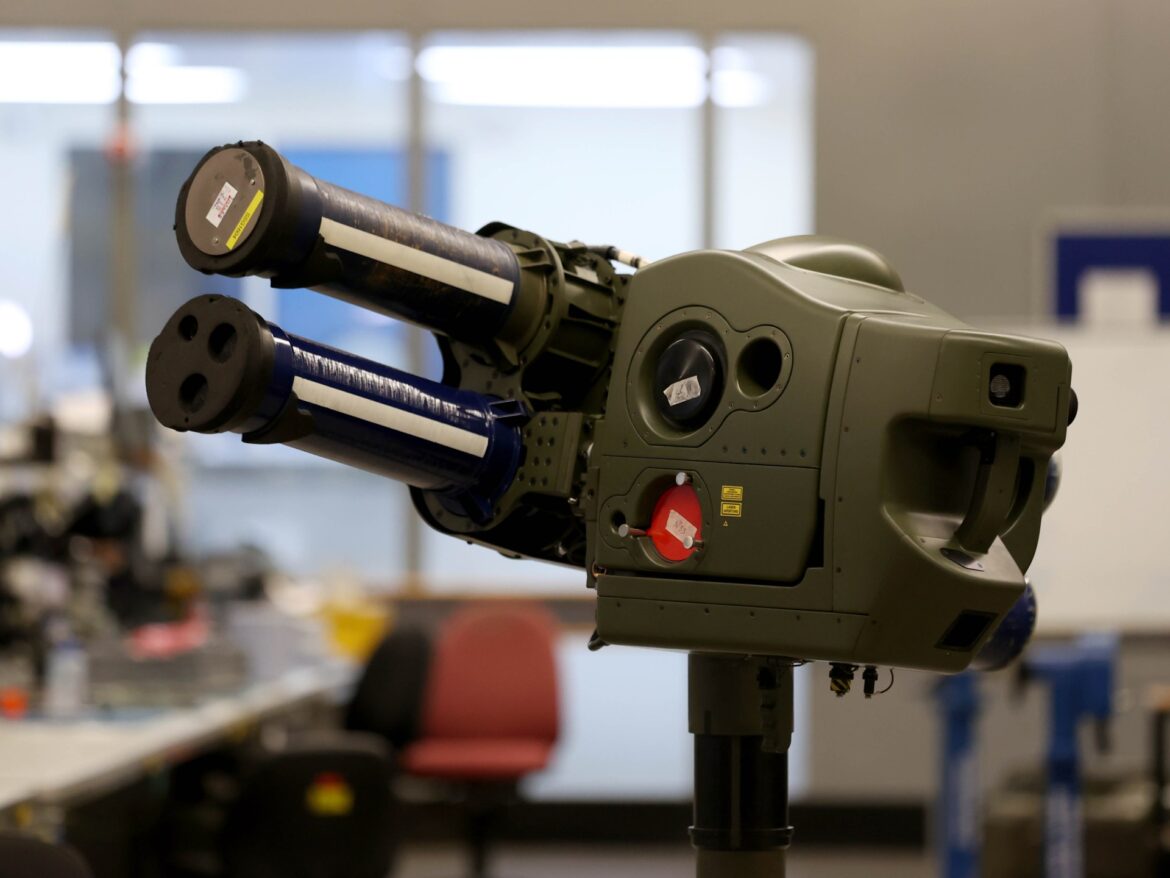Eric Schmidt, former CEO of Google, writes that the defense industry is at a pivotal moment, as defense budgets are rising around the world amid heightened risk with Russia’s war in Ukraine, conflicts in Gaza and beyond, and great power competition, and so we must now develop what we need to be ready for future combat.
Schmidt, who holds an honorary Order of the British Empire, explained in an article for the Financial Times that estimates show that global military spending has increased by 34% over the past five years, as the five major defense companies in the United States received large new orders.
This defense boom, according to the author, coincides with another technological revolution unfolding around us, namely artificial intelligence, and therefore decision-makers in the field of procurement should prefer weapons systems that are attractive, widely available, and inexpensive, which provides many opportunities for emerging defense companies.
The writer pointed out that he invests in such startups because the world needs new capabilities that enable it to compete in this changing world. He has drawn, as he says, from the conflict between Ukraine and the United States on the one hand and Russia on the other, three lessons that should help guide the military, defense officials and procurement specialists in making the right decisions as the world navigates the future.
3 lessons
The first lesson begins with the saying that “you go to war with the army you have, not the army you want,” which means that it is important that increasing defense spending and replacing weapons sent to Ukraine not only replenish U.S. stockpiles, but also re-equip them and the defense industry that supplies them.
If the margins on expensive, maintenance-intensive “luxury” systems enable prime defense contractors to buy back inventory, more money should go to R&D, so we can supplement—if not replace—the F-35 and its related aircraft with long-range drones, Schmidt said.
The second lesson is that we need systems that can communicate effectively even in difficult environments, especially those saturated with electronic warfare. Forces on the Ukrainian front had to overcome GPS jamming and spoofing in order to target Enemy forces are 100 kilometers or more away.
Traditional electronic navigation systems can leave missions incomplete and troops vulnerable, the author says. We need weapons and systems that can operate reliably even when traditional methods fail, and we need to prepare ourselves to have what we need to fight anytime, anywhere, which in this new era will likely be in places filled with electronic warfare, he says.
The final lesson, according to the expert, is the effect of asymmetric warfare in creating a cost-to-capability disparity that gets worse the longer a conflict lasts. As we saw in Ukraine, it is unsustainable to fire a $4 million Patriot missile to intercept a $50,000 Shahed drone.
To combat these concerns, we need cheaper, more numerous alternatives that leverage interconnected, agile software, and so we need a more sophisticated procurement approach that balances total cost and supply chain flexibility with other factors, such as performance and adaptability.
While defense budgets are unlikely to rise indefinitely, the odds are that the United States will continue to increase its spending, and there are already signs that it is taking innovation seriously, with the Defense Innovation Unit’s budget increasing fivefold last year, a start that is reverberating around the world.
The author concluded that we must think strategically about the goals we want and the best way to achieve them. There is no doubt that the age of artificial intelligence requires us to invent, adapt and adopt artificial intelligence weapons to achieve this.



